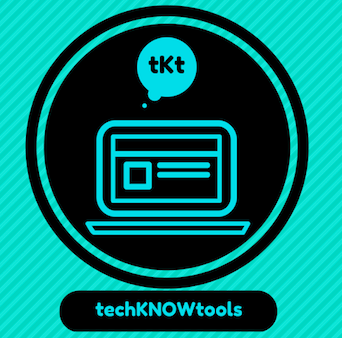In SAGE’s Doing a Literature Review, Hart (1998) defines the literature review as “The selection of available documents (both published and unpublished) on the topic, which contain information, ideas, data and evidence written from a particular standpoint to fulfill certain aims or express certain views on the nature of the topic and how it is to be investigated, and the effective evaluation of these documents in relations to the research bring proposed.”
I have been collecting and organizing literature, publications, and more on the topic of social media guidance for quite some time. I have been reviewing the key questions used for a typical literature search and review of my research topic (Hart, 1998):
- What are the key sources?
- What are the major issues and debates around the topic?
- What are the key theories, concepts, and ideas?
- What are the epistemological and ontological grounds fro the discipline?
- What are the political standpoints?
- What are the origins of this topic?
- What are the definitions involved with this topic?
- How is knowledge on the topic structured and organized?
- How have approaches to these questions increase our understanding and knowledge?
In thinking about my own doctoral research, the literature review, a.k.a. Chapter 2 and part of Chapter 3 (methodology), often demonstrates a specialization in a topic and focus. For a number of doctoral researchers, the dissertation/thesis is requires a high level of scholarship, and it is an opportunity to make an original contribution to the field. Phillips and Pugh (1994) conducted a study around doctoral research and literature reviews, in which they identified nine definitions for originality:
- doing empirically based work that has not been done before;
- using already known ideas, practices or approaches but with a new interpretation;
- bringing new evidence to bear on an old issue or problem;
- creating a synthesis that has not been done before;
- applying something done in another country to one’s own country;
- applying a technique usually associated with on are to another;
- being cross-disciplinary by using different methodologies;
- looking at areas that people in the discipline have not looked at before;
- adding to knowledge in a way that has not previously been done before.
It appears I will be working on #1, #6, & #7 with my dissertation research methodology. Enough talking about it, back to my literature review additions, and more writing. Go #AcWriMo Go! [p.s. Word count to date for #AcWriMo = 16, 271 now. How are you doing?]
References:
Hart, C. (1998). Doing a literature review: Releasing the social science research imagination. Sage.
Phillips, E. M., & Pugh, D. S. (1994). How to get a Ph. D.: a handbook for students and their supervisors. Buckingham, UK: Open University Press.


4 thoughts on “#AcAWriMo Reading: The Literature Review”